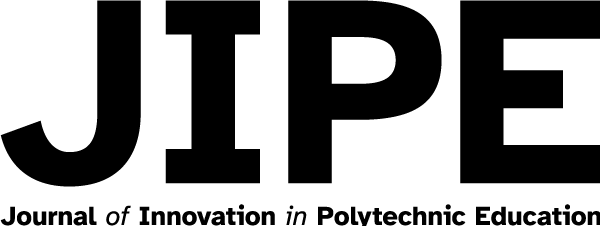The ROI on EDI
When we talk about creating more inclusive workplaces, this effort is most often framed as a moral imperative. In other words, we should strive for equity, diversity and inclusion (EDI) because it is the right thing to do. This is absolutely true and it can form the normative basis for action and results. However, it is not the only reason we need to actualize EDI in our workforce. There is also an economic and social prosperity imperative – a business and social case, if you will – for building a society and labour market that empowers all Canadians to contribute, participate, and thrive.





